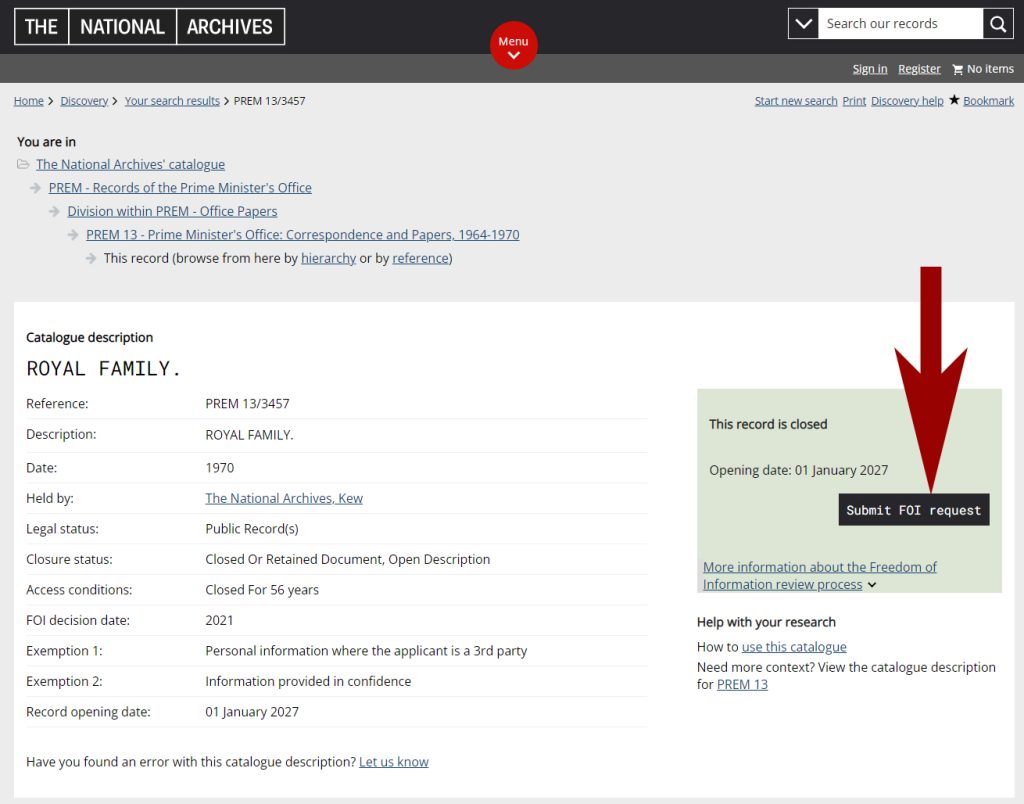Contents – Having the last laugh: The comedians who won’t be silenced
Contents
The Winter 2023 issue of Index looks at how comedians are being targeted by oppressive regimes around the world in order to crack down on dissent. In this issue, we attempt to uncover the extent of the threat to comedy worldwide, highlighting examples of comedians being harassed, threatened or silenced by those wishing to censor them.
The writers in this issue report on example of comedians being targeted all over the globe, from Russia to Uganda to Brazil. Laughter is often the best medicine in dark times, making comedy a vital tool of dissent. When the state places restrictions on what people can joke about and suppresses those who breach their strict rules, it's no laughing matter.
Up Front
Still laughing, just, by Jemimah Steinfeld: When free speech becomes a laughing matter.
The Index, by Mark Frary: The latest in the world of free expression, from Russian elections to a memorable gardener
Features
Silent Palestinians, by Samir El-Youssef: Voices of reason are being stamped out.
Soundtrack for a siege, by JP O'Malley: Bosnia’s story of underground music, resistance and Bono.
Libraries turned into Arsenals, by Sasha Dovzhyk: Once silent spaces in Ukraine are pivotal in times of war.
Shot by both sides, by Martin Bright: The Russian writers being cancelled.
A sinister news cycle, by Winthrop Rodgers: A journalist speaks out from behind bars in Iraqi Kurdistan.
Smoke, fire and a media storm, by John Lewinski: Can respect for a local culture and media scrutiny co-exist? The aftermath of disaster in Hawaii has put this to the test.
Message marches into lives and homes, by Anmol Irfan: How Pakistan's history of demonising women's movements is still at large today.
A snake devouring its own tail, by JS Tennant: A Cuban journalist faces civic death, then forced emigration.
A 'seasoned dissident' speaks up, by Martin Bright: Writing against Russian authority has come full circle for Gennady Katsov.
Special Report: Having the last laugh - The comedians who won't be silenced
And God created laughter (so fuck off), by Shalom Auslander: On failing to be serious, and trading rabbis for Kafka.
The jokes that are made - and banned - in China, by Jemimah Steinfeld: Journalist turned comedian Vicky Xu is under threat after exposing Beijing’s crimes but in comedy she finds a refuge.
Giving Putin the finger, by John Sweeney: Reflecting on a comedy festival that tells Putin to “fuck off”.
Meet the Iranian cartoonist who had to flee his country, by Daisy Ruddock: Kianoush Ramezani is laughing in the face of the Ayatollah.
The SLAPP stickers, by Rosie Holt and Charlie Holt: Sometimes it’s not the autocrats, or the audience, that comedians fear, it’s the lawyers.
This great stage of fools, by Danson Kahyana: A comedy troupe in Uganda pushes the line on acceptable speech.
Joke's on Lukashenka speaking rubbish Belarusian. Or is it?, by Maria Sorensen: Comedy under an authoritarian regime could be hilarious, it it was allowed.
Laughing matters, by Daisy Ruddock: Knock knock. Who's there? The comedy police.
Taliban takeover jokes, by Spozhmai Maani and Rizwan Sharif: In Afghanistan, the Taliban can never by the punchline.
Turkey's standups sit down, by Kaya Genç: Turkey loses its sense of humour over a joke deemed offensive.
An unfunny double act, by Thiện Việt: A gold-plated steak and a maternal slap lead to problems for two comedians in Vietnam.
Dragged down, by Tilewa Kazeem: Nigeria's queens refuse to be dethroned.
Turning sorrow into satire, by Zahra Hankir: A lesson from Lebanon: even terrible times need comedic release.
'Hatred has won, the artist has lost', by Salil Tripathi: Hindu nationalism and cries of blasphemy are causing jokes to land badly in India.
Did you hear the one about...? No, you won't have, by Alexandra Domenech: Putin has strangled comedy in Russia, but that doesn't stop Russian voices.
Of Conservatives, cancel culture and comics, by Simone Marques: In Brazil, a comedy gay Jesus was met with Molotov cocktails.
Standing up for Indigenous culture, by Katie Dancey-Downs: Comedian Janelle Niles deals in the uncomfortable, even when she'd rather not.
Comment
Your truth or mine, by Bobby Duffy: Debate: Is there a free speech crisis on UK campuses?
All the books that might not get written, by Andrew Lownie: Freedom of information faces a right royal problem.
An image or a thousand words?, by Ruth Anderson: When to look at an image and when to look away.
Culture
Lukashenka's horror dream, by Alhierd Bacharevič and Mark Frary: The Belarusian author’s new collection of short stories is an act of resistance. We publish one for the first time in English.
Lost in time and memory, by Xue Tiwei: In a new short story, a man finds himself haunted by the ghosts of executions.
The hunger games, by Stephen Komarnyckyj and Mykola Khvylovy: The lesson of a Ukrainian writer’s death must be remembered today.
The woman who stopped Malta's mafia taking over, by Paul Caruana Galizia: Daphne Caruana Galizia’s son reckons with his mother’s assassination.

